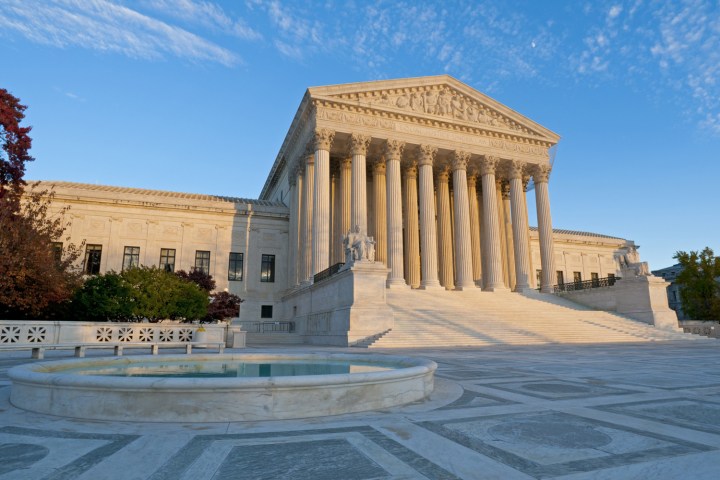
The conclusions drawn by the report are nothing particularly new — indeed, the Washington Post notes that there has been “mounting evidence” that various forensic techniques are not as dependable as we may like to think. In a separate report, the Innocence Project and the FBI partnered release a joint study that ultimately “found flaws in the testimony an astonishing 95 percent of the time.” Moreover, the Post notes, “DNA testing has revealed that bite-mark evidence underpinning convictions was simply incorrect. More generally, faulty forensic evidence has been found in roughly half of all cases in which post-conviction DNA testing has led to exoneration.”
There seemed to be some sense of vindication as a result of these findings, as Barry Pollack, president of the National Association of Criminal Defense Lawyers, said in a statement that defense lawyers “have known for years now that law enforcement has overstated the validity and accuracy of forensic science and has obtained convictions based on these overstatements, including the convictions of innocent people.” He continued that the findings “offer further evidence of the pervasive use of flawed analysis erroneously presented as grounded in science.”
In Tuesday’s report, PCAST found that bite-mark analysis, firearms identification, footwear analysis, and microscopic hair comparisons, all did not meet scientific validation standards. As such, the Council said, any court case involving these practices ought to be “based upon scientific validity.” The Council continued, “…neither experience, nor judgment, nor good professional practices (such as certification programs and accreditation programs, standardized protocols, proficiency testing, and code of ethics) can substitute for actual evidence of foundational validity and reliability.”
But this does not mean that forensic science is going anywhere. U.S. Attorney General Loretta Lynch said in a statement the Justice Department is working to improve techniques. “We remain confident that, when used properly, forensic science evidence helps juries identify the guilty and clear the innocent, and the department believes that the current legal standards regarding the admissibility of forensic evidence are based on sound science and sound legal reasoning,” Lynch said. “While we appreciate their contribution to the field of scientific inquiry, the department will not be adopting the recommendations related to the admissibility of forensic science evidence.”


